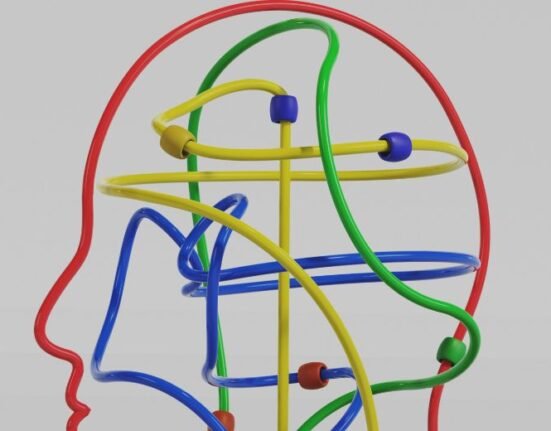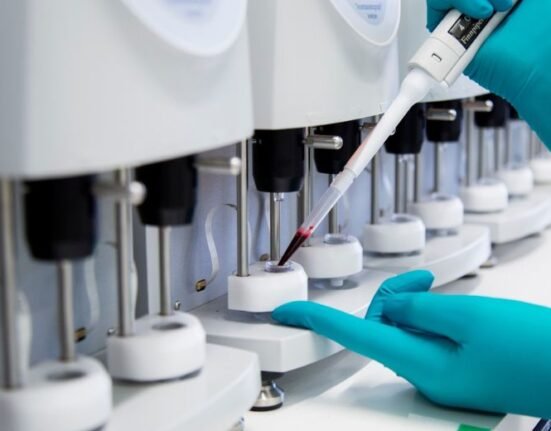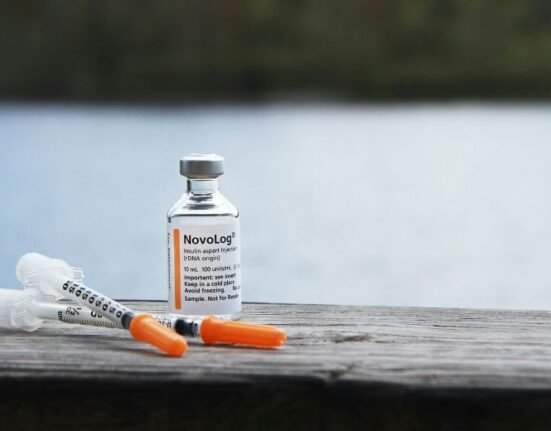Bharti Jayshankar
January 26, 2024: A recent study has uncovered an unexpected benefit of medications commonly prescribed for obesity and type 2 diabetes: a notable decrease in alcohol consumption and cravings.
Data insights from social media
Researchers from Virginia Tech delved into the vast realm of social media, specifically analyzing 68,250 posts on Reddit spanning from 2009 to 2023. Focusing on medications such as semaglutide and tirzepatide, commonly used for type 2 diabetes and obesity, the team identified a unique pattern among users. A substantial majority reported reduced alcohol consumption, diminished cravings, and fewer negative effects associated with drinking.
Decoding the medications
Semaglutide, available under brand names like Wegovy, Ozempic, and Rybelsus, is a GLP-1 receptor agonist, mimicking post-eating hormones to regulate blood sugar and energy intake. Tirzepatide, found in medications like Mounjaro and Zepbound, is a synthetic version of GIP, triggering insulin release for better blood-sugar control. The study sheds light on the potential dual impact of these medications in mitigating alcohol-related issues.
Insights from a controlled study
To validate their findings, the researchers conducted a ‘real-world’ analysis, surveying 153 alcohol-drinking adults with obesity. Participants were divided into groups based on whether they were prescribed semaglutide, tirzepatide, or neither. The results indicated significantly lower alcohol intake, fewer drinks per episode, and a decreased likelihood of binge drinking among those taking the medications compared to the control group.
Alcohol kills 3 million worldwide every year. It means every 10 seconds, a human being dies because of alcohol. Alcohol consumption is a causal factor in more than 200 diseases. The Centers for Disease Control and Prevention (CDC) says heavy alcohol use causes 95,000 deaths annually in the United States. The agency recommends that men should not have more than two drinks a day and women should not drink more than one.
The implications of these findings have huge potential. Only three drugs have the green light from the FDA to treat alcohol use disorder, and research reveals they’re rarely prescribed, have low compliance, and low efficacy.
Addressing biases
While the study provides intriguing insights, the self-reported nature of the data and the relatively homogeneous participant group necessitate further research involving more diverse populations. Researchers emphasize the importance of randomized controlled clinical trials to better understand the underlying mechanisms and potential applications of GLP-1 agonists and GIP/GLP-1 drugs in treating alcohol use disorder.
This research, shedding light on the unexpected connection between obesity medications and reduced alcohol cravings, opens up new avenues for exploration. With the potential to impact not only weight management but also alcohol use disorder, these findings pave the way for further research and clinical trials.








